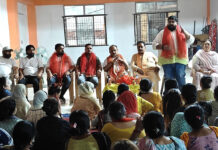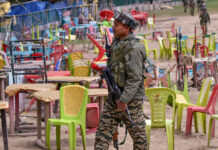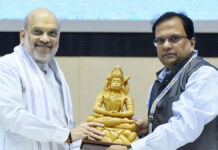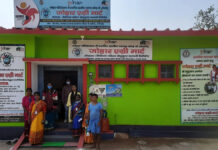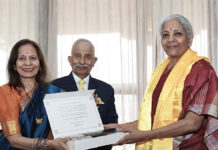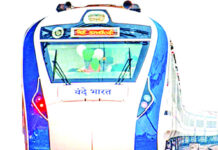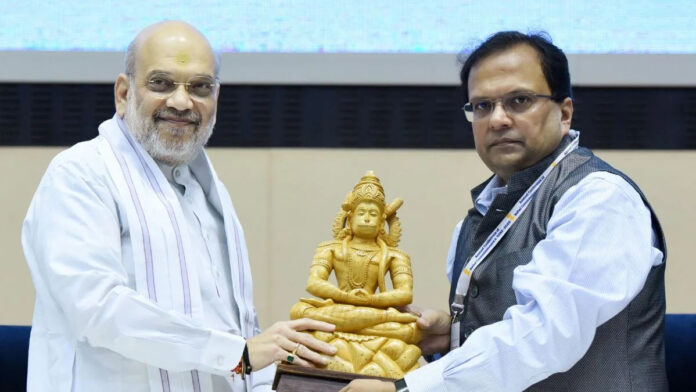AGENCY
new delhi, june 16
The contribution of Nat-ional Disaster Manage-ment Auth-ority (NDMA), National Disaster Response Force (NDRF), and Coalition for Disaster Resilient Infrastructure (CDRI), is helping India move towards becoming a global leader in the field of disaster management, Union Home Minister Amit Shah said on Monday.
Addressing the annual conference of Relief Commissioners and Disaster Response Forces of States and Union Territories here, he said over the past two years, workshops of all agencies related to relief and disaster management have been brought under one platform, adopting a ‘Whole of Government’ approach to create a think tank to work in a unified manner.
This has helped address shortcomings and prepare the entire country to fight the disasters, he said, adding that a multi-stakeholder approach and inter-agency coordination have been effectively achieved.
The minister also emphasized that this tradition should be further strengthened.
He highlighted that NDMA has done commendable work in policy frameworks, research, disseminating various training materials, developing apps, and overall coordination. He added that NDRF has earned nationwide recognition, built a strong reputation, and gained respect. The State Disaster Response Force (SDRF) has also played a significant role in this structure. Shah mentioned that
\ NDRF has done substantial work in training SDRF personnel at par with its own standards. He said due to climate change and global warming, the entire world is struggling to deal with disasters now-a-days.
The minister said that in the past 10 years, the Modi government has achieved significant milestones in the four areas of capacity building, speed, efficiency, and accuracy in disaster management. Shah said that whenever the history of India’s disaster response is written, these 10 years of the Modi government will be recorded as a transformative decade. By pursuing the goal of ‘Minimum Casualty’, the Modi government has amazed the entire world by achieving the target of ‘Zero Casualty’ in the past 10 years, he noted.
The Modi government’s tenure, there has been a significant shift in the approach related to disaster management. Earlier, the approach was relief-centric, but today, the goal of ‘zero casualty’ has been successfully achieved, and the focus has shifted from relief-centric to a comprehensive and integrated approach, Shah said. He also emphasized the importance of anticipating future disasters, conducting advanced research, compiling global ideas in this field, and adapting them to suit India’s geographical conditions.
The Union Home Minister said that India has achieved a great deal in the development of early warning systems.
Timely preparedness has been integrated with the calendar, a scientific approach has been evolved for active prevention and mitigation, and we have also achieved significant success in disaster risk reduction.
Minister of State for Home Affairs, Nityanand Rai, Union Home Secretary Govind Mohan, and several other people were also present on the occasion.



